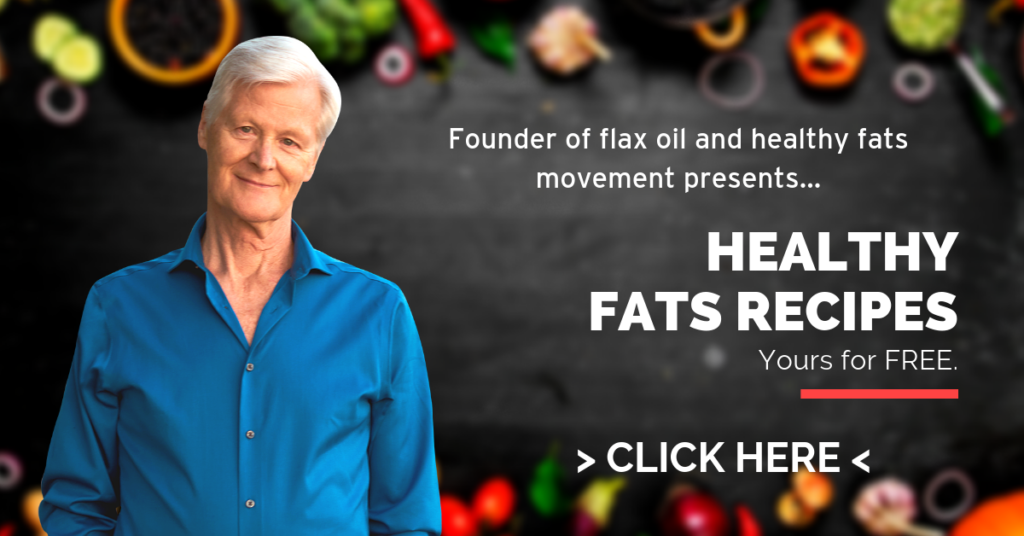Getting to Know Cholesterol – Part 1

Welcome to the first in a four part series that will cover the contentious, curious subject of cholesterol. Each post will bust persistent myths, reveal essential truths, and show you the best path to your total health.
Cholesterol plays both vital and detrimental roles in our health. There is no nutritional substance as controversial as cholesterol, and no substance about which there is more confusion. There is no other substance as widely publicized by the medical profession – and no bigger health scandal. Cholesterol can strike terror into the minds of misinformed people. The cholesterol scare is big business for doctors, laboratories, and drug companies. It is also a powerful marketing gimmick for vegetable oil and margarine manufacturers who can advertise their products to be ‘cholesterol-free’.
The fact is that 999 out of every 1000 people (or 499 out of every 500, depending upon which expert source you read) can control their cholesterol level and, more importantly, their cardiovascular health, by nutritional means alone. The remaining 1 in 1000 people can also benefit from nutritional improvement. Medical professionals that are untrained in nutrition cannot help us reach this objective.
A hard, waxy lipid substance that melts at 149°C (300°F), cholesterol is essential for our health, but we do not need to obtain it from foods. Our body can manufacture it from simpler substances (2-carbon acetates) which it derives from the breakdown of sugars, fats, and even proteins, especially when our total intake of these foods supplies us with calories in excess of our body’s requirement.
The more excess calories we consume – especially from sugars, and saturated and other non-essential fatty acids – the more pressure there is on our body to make cholesterol. In addition, the more stress we are under, the more cholesterol our body makes, because cholesterol is the precursor of stress hormones.

Before we get into the supposed evils of cholesterol, let’s look at the natural and vital functions of cholesterol in our body – cholesterol’s good side.
Vital Functions of Cholesterol
One function of cholesterol is to compensate for changes in membrane fluidity, keeping it within the narrow limits required for optimal membrane function. This function is so important that nature has equipped each cell with the means to synthesize its own membrane cholesterol. Our intake of dietary fatty acids – building material for membranes – varies from day to day. More highly unsaturated fatty acids make membranes more fluid, and more saturated fatty acids harden membranes. Cholesterol made by our cells is the regulating factor – it is added to stiffen a membrane that is too loose, and it is removed to fluidize a membrane that is too stiff.
Our body makes steroid hormones from cholesterol. The male and female sex (steroid) hormones develop and maintain the delightful differences between the genders. The three best known of these hormones are the female hormones estrogen and progesterone, and the male hormone testosterone.

Anabolic steroids used by athletes are synthetically made male steroid hormones. They have serious side effects like liver, brain, kidney, ligament, and joint damage. They can also cause cancer. Steroids masculinize the women who use them, resulting in bone growth (square jaws), muscle growth, facial hair, a lower voice, and clitoral enlargement.
Our body also makes adrenal corticosteroid hormones from cholesterol. These hormones include aldosterone, which regulates water balance through our kidneys, increasing sodium retention by our renal tubules; and cortisone, which promotes the synthesis of glucose to prepare our body for fight or flight in response to stress, and also suppresses inflammation. Doctors use large doses of cortisone to suppress inflammatory reactions.
Our body makes vitamin D, the sunshine vitamin that regulates calcium and phosphorus metabolism, from cholesterol.
Bile acids are derived from cholesterol. Through bile acids, cholesterol performs vital functions in our digestion and absorption of fats, oils, and fat-soluble vitamins from foods. Our body discards excess cholesterol that it no longer needs as bile acids.

Cholesterol is secreted by glands in our skin. It covers and protects our skin against dehydration, cracking, and the wear and tear of sun, wind, and water. In its capacity as skin covering, cholesterol also helps heal skin tissue and prevents infections by foreign organisms.
Cholesterol may also pinch-hit as an antioxidant (AO) when our body’s supply of mineral and vitamin AOs is low. High levels of oxidized cholesterol are found in low-density lipoprotein (LDL) and high-density lipoprotein (HDL) transport vehicles when our body lacks food-borne AOs.
Some of these AOs, including vitamins C, E, B3, and carotene, as well as the elements selenium, sulphur, and zinc/copper, can lower cholesterol. Chromium, though not an AO itself, can be combined with vitamin B3 to lower cholesterol in 50% of people with high serum levels.
The combination of chromium with niacin molecules has been patented as a cholesterol-lowering agent.
In my next post, I’ll talk about where our cholesterol comes from — including in our own bodies. If you can’t wait, my book Fats That Heal, Fats That Kill can tell you everything you need to know about cholesterol — and more. Click on this link to order it now on Amazon.




